ARUSHA, Tanzania - The day that many lives will change is in the future, but on this day villagers in the small rural town in Laos wake up to the sun and sound of birds as they always do.
They go to work. Some worry about the normal concerns of living, some don't - but today is different, many lives will change.
In Tanzania, citizens wake up to the sun and sound of birds as they always do. They also go to work and worry about the normal concerns of living. Today will be the same for them - but very soon it will be different, many lives will change.
On this day, Laotian health authorities reported an outbreak of an influenza-like illness in a rural village north of the provincial capital of Muang Pakxan. Very soon Tanzania will report a similar outbreak of the influenza-like illness, only by then it will have a name - H5-N1 - In a country that has experienced drought, floods, outbreaks of pests and disease, technological hazards and earthquakes. This will create another disaster for Tanzania.
In a short while, every sector of government and society will be affected and will descend into chaos. How will Tanzania respond'
This is the scenario that participants of the Tanzania Pandemic Disaster Response Exercise been presented with. After two days of plenary talks, facilitated lectures and lessons-learned discussions, they are now applying what they have learned.
"Theory without practice is futile, and practice based on proven theory is rewarding," said Gen. Davis A. Mwamunyange, Chief of Defense Forces, Tanzanian People's Defense Force. "We look forward to participating in this hands-on, table-top exercise," he said.
"Training and exercise programs are essential to pandemic preparedness and greatly enhance response capabilities," said exercise facilitator Joseph Inge, Center for Disaster and Humanitarian Assistance Medicine, in the morning introduction of the scenario.
The events in the scenario are not real. It is simulated to provide participants with a realistic sequence of events and show how quickly a pandemic situation can descend into chaos and, ultimately, disaster. The exercise will take place over three days and each decision the groups - representing sectors of government - make determines the next set of problems they will face. Sectors of government that will be tested include logistics, operations, security, health and communications. All sectors must work together.
"Collaboration is the path to success," said Nyancheghe Nanai, the Assistant Director of Operations in the Tanzanian Prime Minister's Office and a member of the operations group for the exercise.
"This [exercise] will assist the government of Tanzania in identifying gaps in existing pandemic plans. It will help develop a comprehensive national pandemic preparedness and response plan, and lay the groundwork for building the national response capacity," Inge said.
The scenarios and events conclude on Friday with a review to identify gaps and shortfalls in current Tanzanian policies and plans.
The Tanzanian national government Pandemic Disaster Response tabletop exercise is led by U.S. Africa Command (AFRICOM) through its Pandemic Response Program (PRP). The intent is to strengthen Tanzania's capacities to plan for and respond to a national and regional pandemic disaster.
PRP is funded by U.S. Agency for International Development and is implemented in Tanzania by AFRICOM.
Related Links:
Follow U.S. Army Africa on Twitter
Join the U.S. Army Africa conversation on Facebook
View U.S. Army Africa photos on Flickr
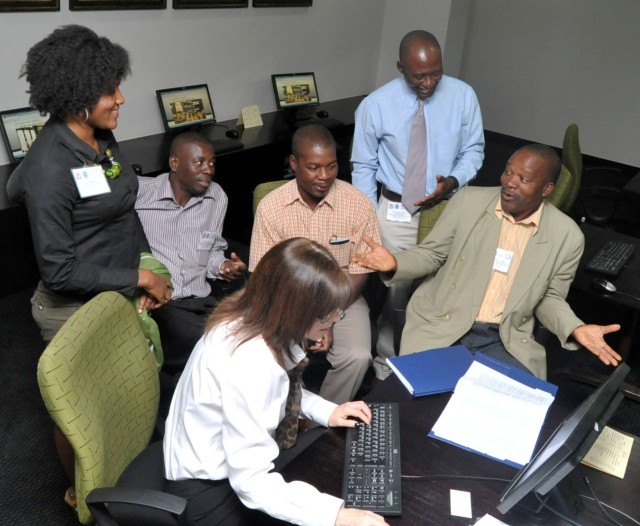
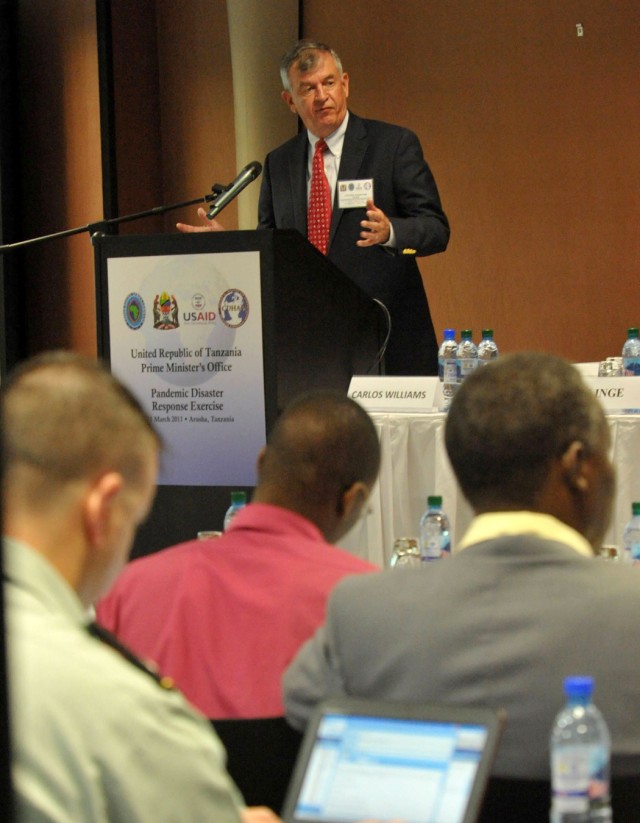
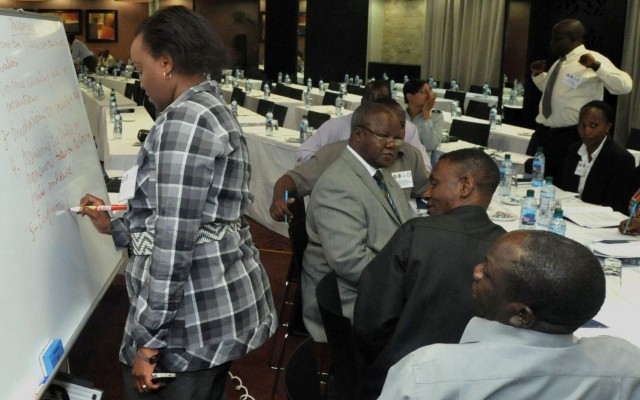
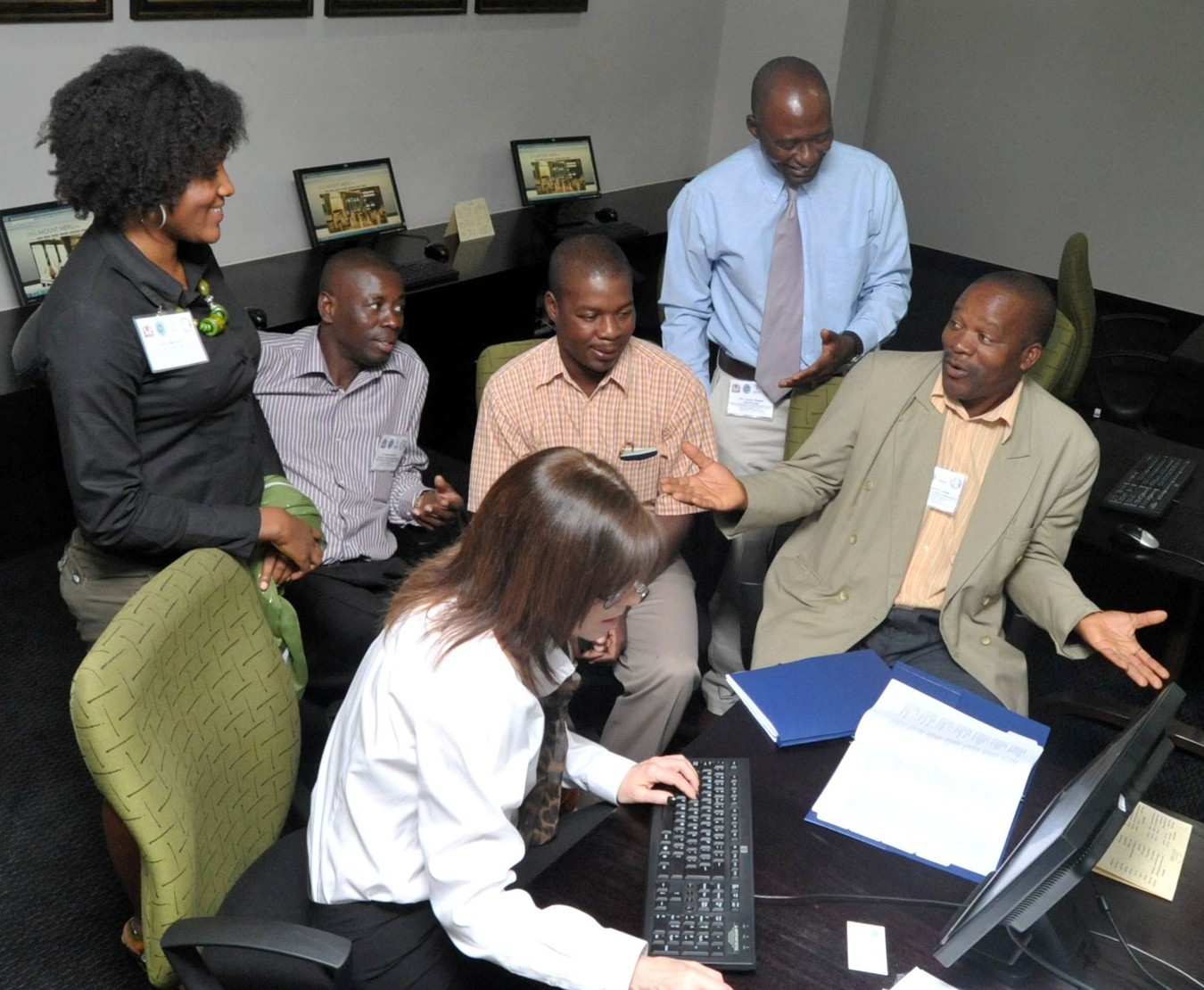
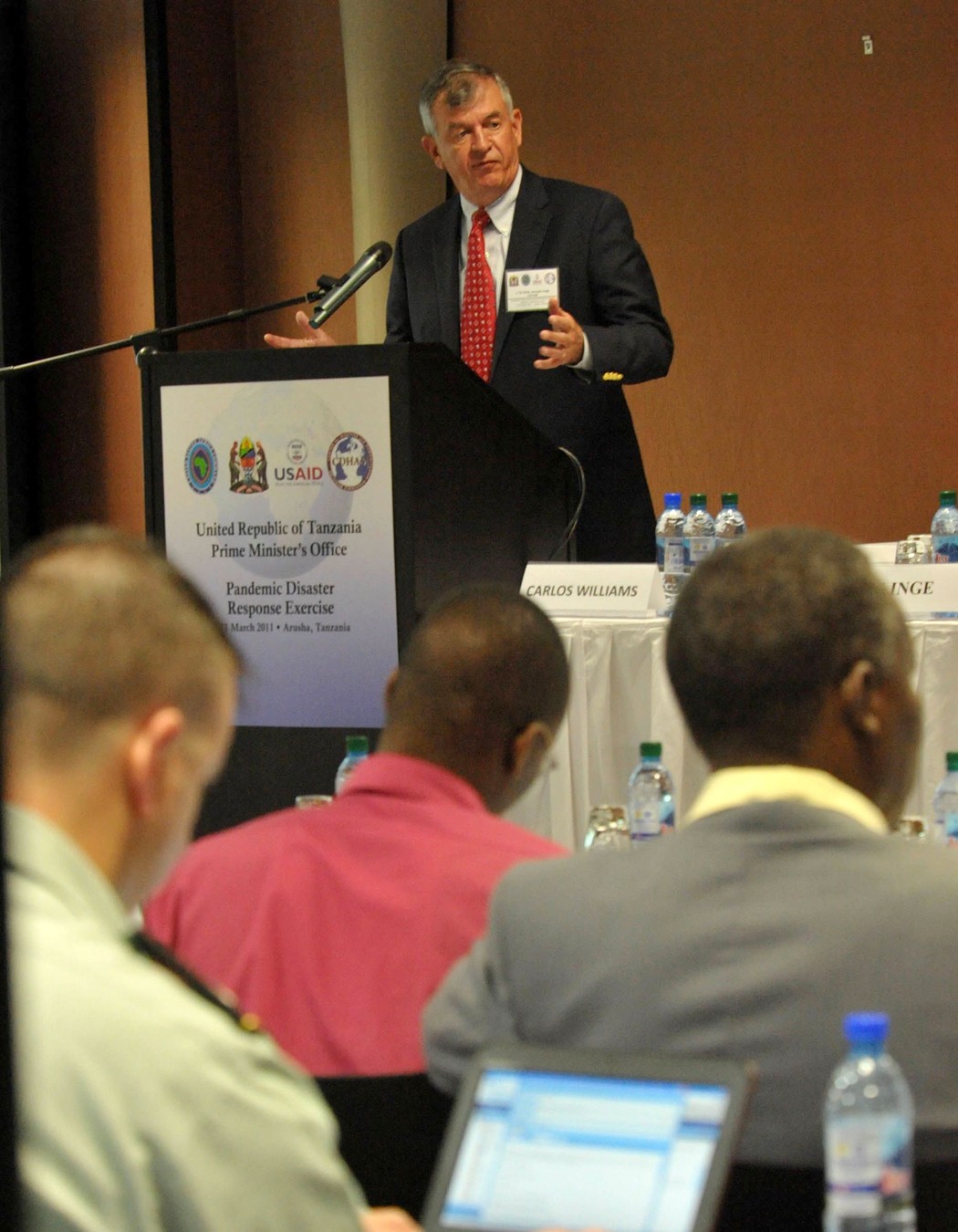
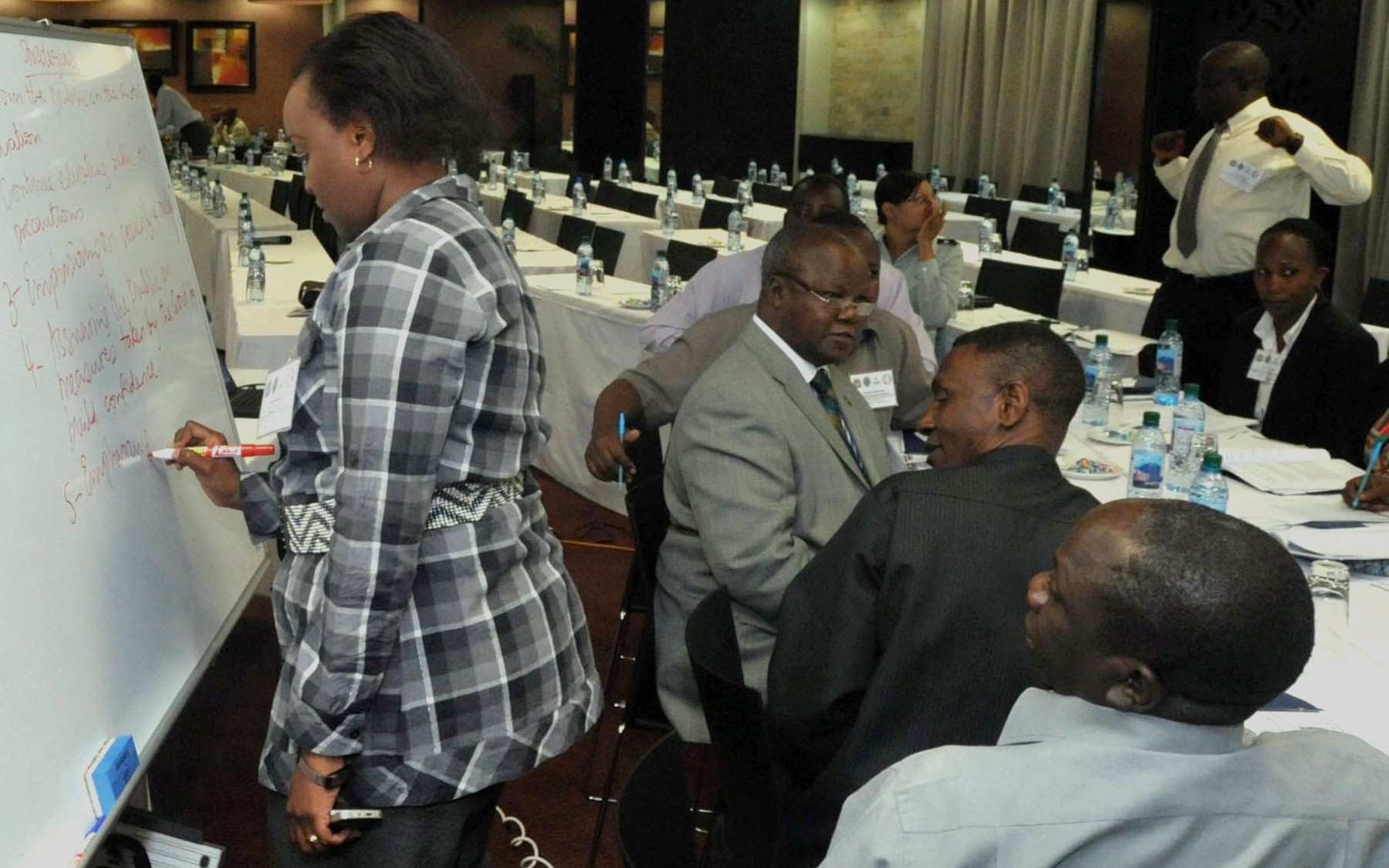
Social Sharing